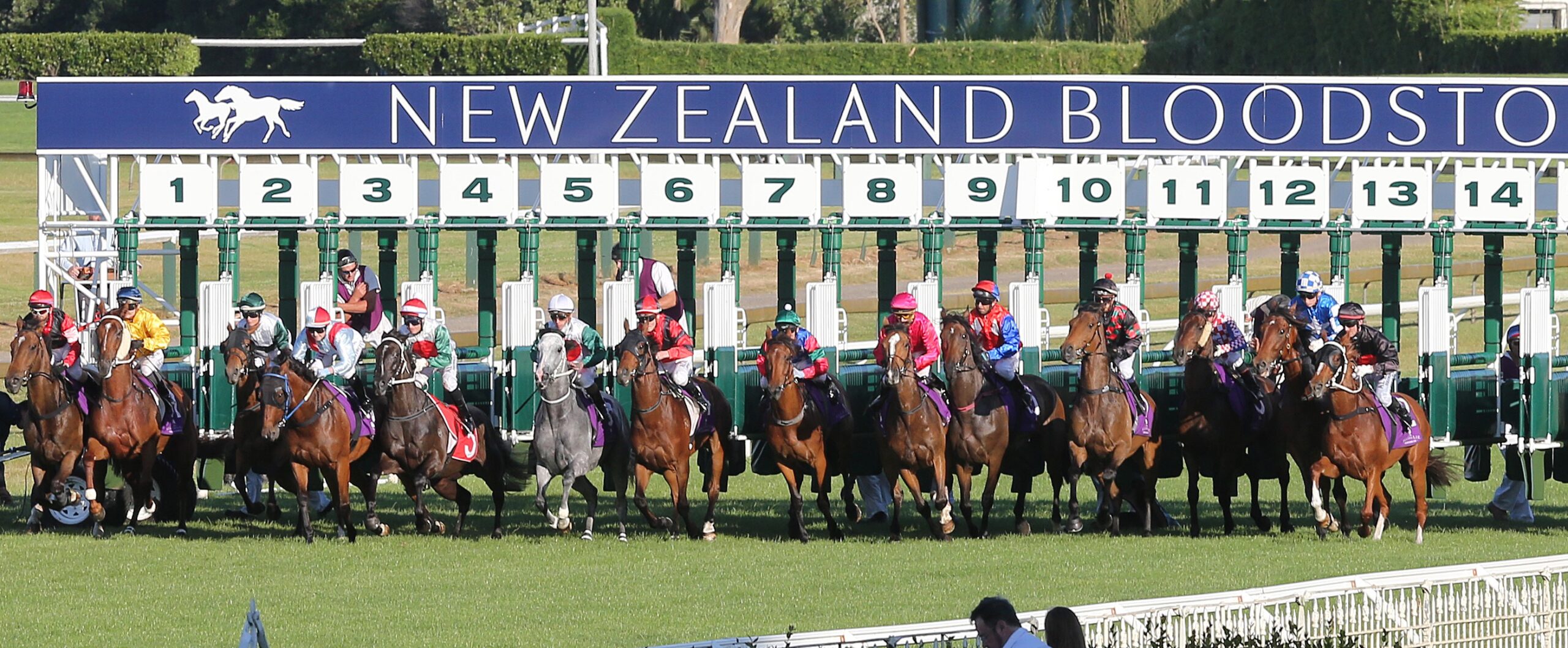
-
100 Ascot Avenue, Remuera, Auckland
- 09 524 4069
New Zealand’s racing industry was responsible for generating more than $1.6 billion in value-added contribution to the New Zealand economy in the 2016/17 season, according to a Size and Scope report released by IER earlier this year.
 The New Zealand Racing Board commissioned a study into the size and scope of the three codes of racing (thoroughbreds, harness and greyhounds) in New Zealand in July 2017.
The New Zealand Racing Board commissioned a study into the size and scope of the three codes of racing (thoroughbreds, harness and greyhounds) in New Zealand in July 2017.
The study quantifies the economic, employment and social contribution that the New Zealand Industry generates.
The economic output generated by the New Zealand racing industry was directly responsible for sustaining 14,398 full-time equivalent jobs across the nation. This total represents the employment sustained within the industry, as well as the employment that is sustained in supply industries who meet the demand created by racing industry activity.
The report found participants are the lifeblood of the racing industry. They provide the investment, time, skills and passion that underpins horse and greyhound racing in the nation.
In total, there are more than 58,100 individuals who participate in the New Zealand racing industry as employees, participants or volunteers.
Many of these people enjoy gainful employment of their specific skillset where they may find limited opportunities otherwise – particularly in the breeding and training/racing related disciplines. Furthermore, many participants hold more than one role within the industry.
In 2016/17, breeders in the New Zealand racing industry spent more than $380 million on the production of racing stock.
More than 614,600 attendances were recorded at thoroughbred, harness and greyhound race meetings in New Zealand.
Racing also plays a strong role in the community. Over 400 community organisations or charities are assisted financially by the 117 racing clubs and more than 300 community organisations share racing club facilities and resources.
